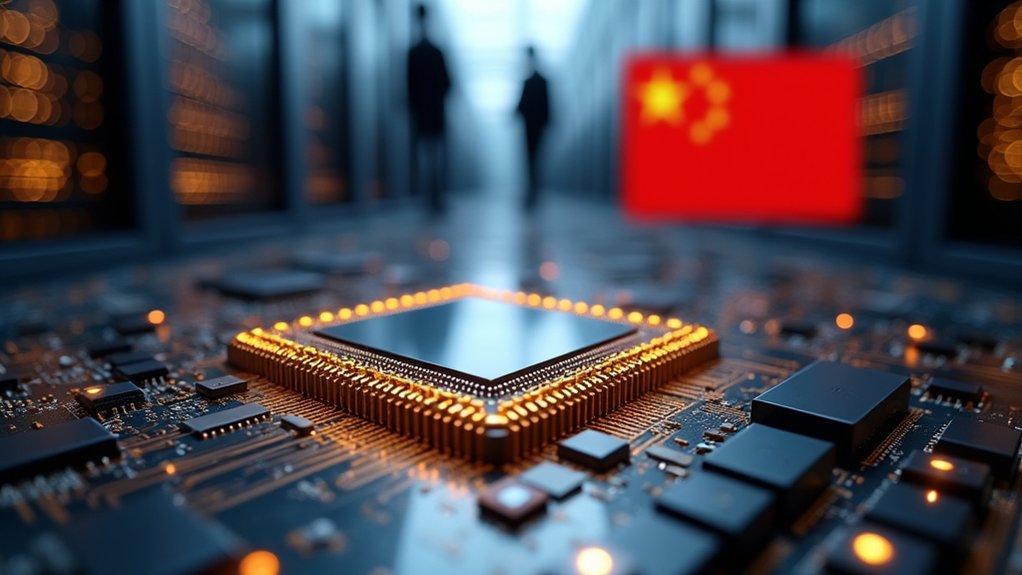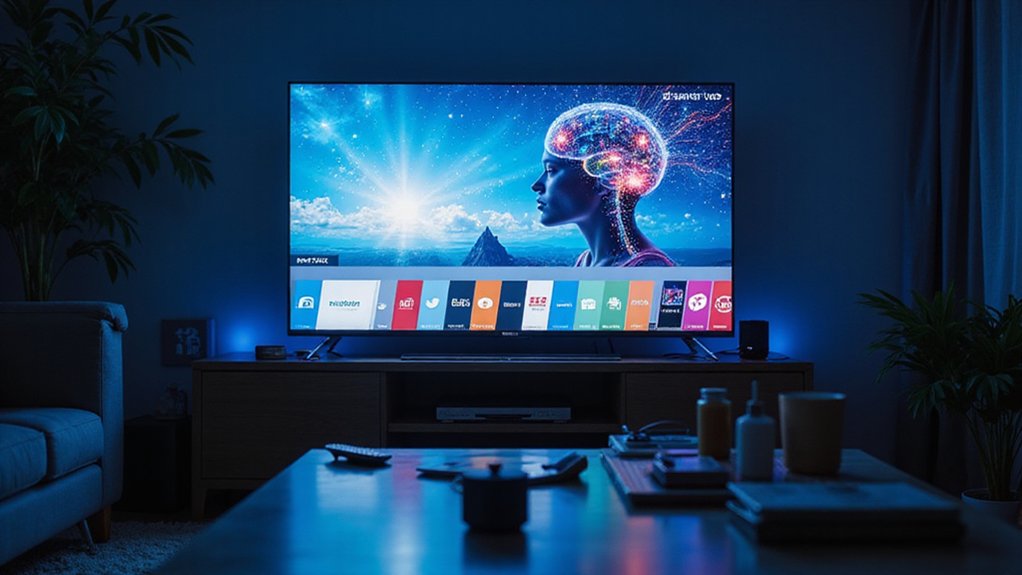Huawei has revealed a new AI chip to replace Nvidia’s products banned by U.S. export controls. Part of the Ascend series, it reportedly matches Nvidia’s A100 in computing power. Mass shipments within China will begin next month. The chip supports China’s push for tech self-sufficiency amid trade restrictions. With 40 hardware partners and 1,600 software partners, Huawei can’t meet domestic demand despite selling 200,000 chips this year. The development signals China’s growing technological independence.
As the United States tightens its grip on AI chip exports to China, Huawei has revealed a new AI chip that could fill the gap left by Nvidia’s banned products. The Chinese tech giant claims its latest addition to the Ascend chip series matches or even surpasses Nvidia’s A100 in computing power for large AI model training.
The new chip combines two processors in a single package to boost performance and efficiency. Huawei developed it since 2019 in response to U.S. trade restrictions. The company plans to start mass shipments within China as early as next month.
Huawei’s dual-core AI chip, developed amid US sanctions, will begin reaching Chinese customers in June.
U.S. export controls prevent Nvidia from selling advanced GPUs like the H20 to China. Nvidia expects to lose about $5.5 billion in revenue next quarter due to these restrictions. The ban has bipartisan support in the U.S. but has pushed China to speed up its tech self-reliance efforts.
Huawei’s chip performance is reportedly competitive with Nvidia‘s A100, with the company claiming “not much difference” in computing power. While it can’t match Nvidia’s newest H100 and H200 models, it offers Chinese firms a domestic alternative for AI tasks like training large language models. The chips leverage machine learning technology to enable computers to improve performance without explicit programming.
The chip forms part of Huawei’s growing AI ecosystem, which includes 40 hardware partners and 1,600 software partners. The company says its platform supports over 2,900 AI applications across various sectors.
Despite Huawei’s progress, demand for AI chips in China exceeds the company’s production capacity. Huawei sold approximately 200,000 Ascend 910B chips in 2024 but still falls far behind Nvidia’s one million H20 chips sold in the same period. Nvidia still dominates China’s AI chip market, but its grip is weakening as sanctions push Chinese firms toward local options. Chinese companies had previously favored Nvidia’s software despite performance limitations, but are now embracing domestic alternatives as restrictions tighten.
The development of Huawei’s AI chip represents a key milestone in China’s push for technological self-sufficiency. With active government support for semiconductor and AI research, the chip strengthens China’s ability to withstand technological decoupling from Western markets.
References
- https://www.youtube.com/watch?v=7Q18MvBAWqk
- https://merics.org/en/comment/despite-huaweis-progress-nvidia-continues-dominate-ai-chips-market-china
- https://economictimes.com/tech/technology/chinas-huawei-develops-new-ai-chip-seeking-to-match-nvidia-wsj-reports/articleshow/120668951.cms
- https://semiwiki.com/forum/threads/huawei-says-its-ai-chip-better-than-nvidias-a100-amid-chinas-self-reliance-drive.20381/









